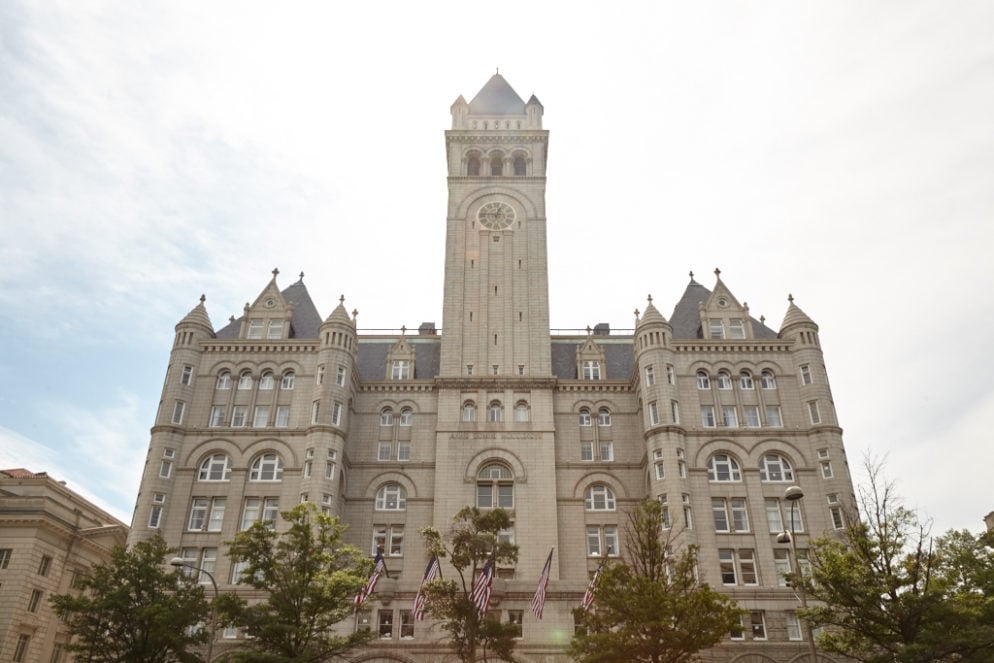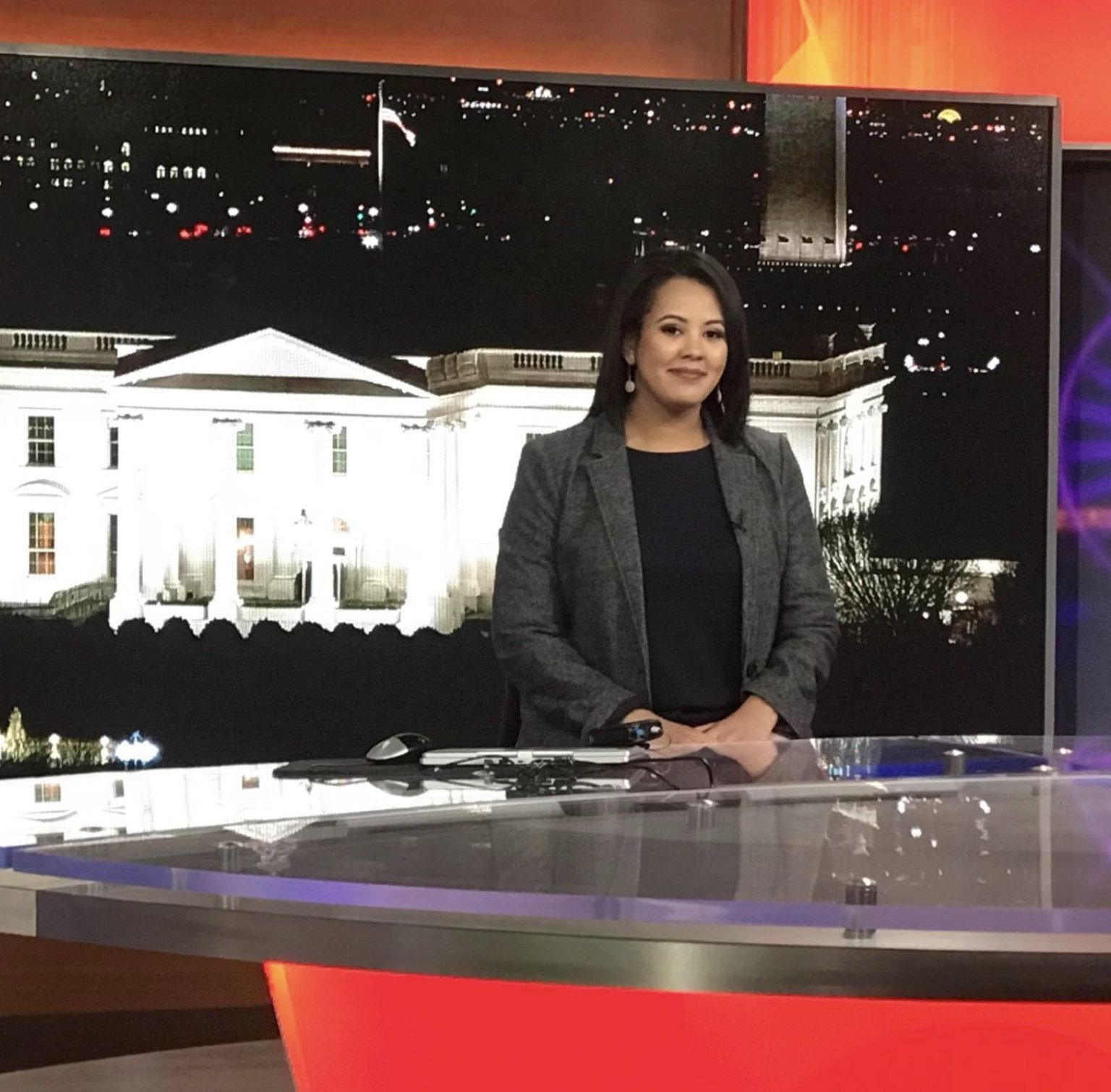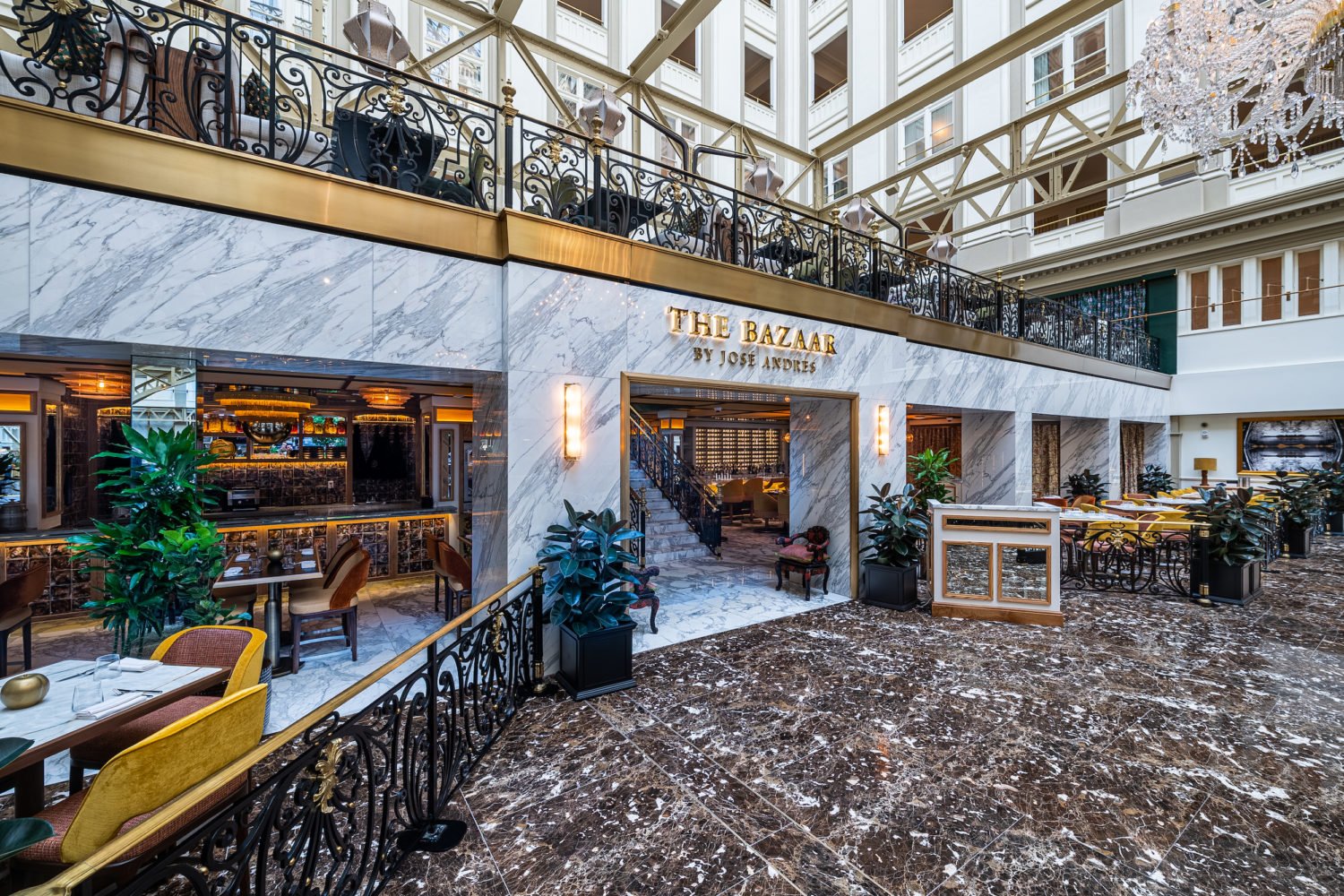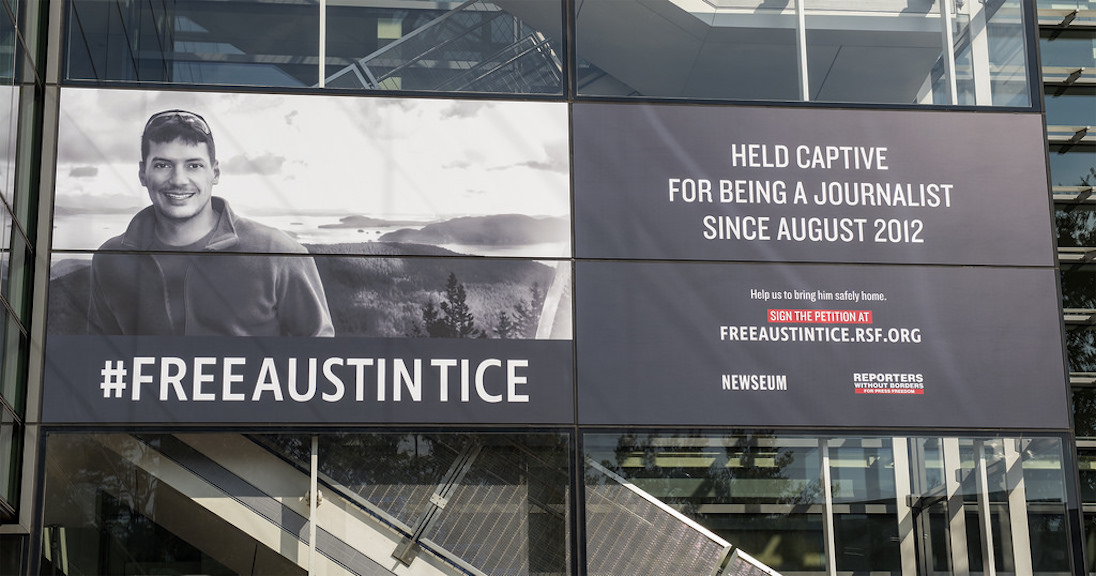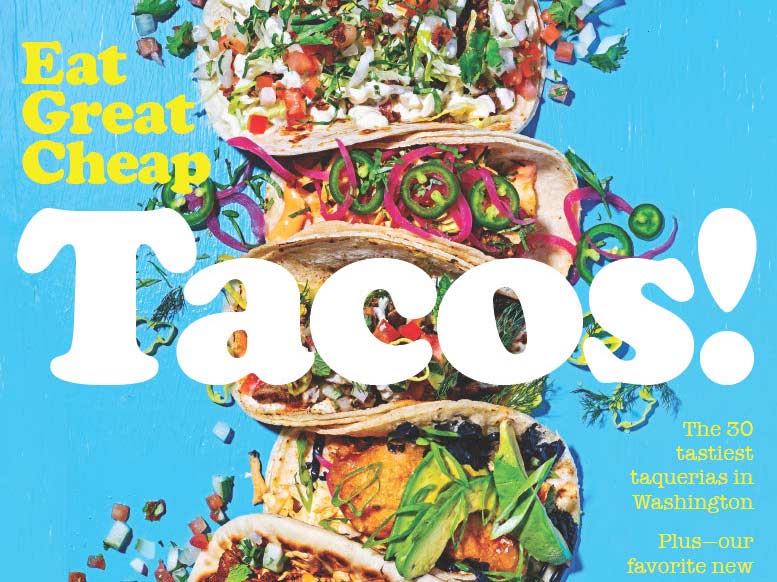Nothing was happening.
Two months ago, leading advisor to the president Johnnie Moore promised as many as 1,000 evangelical pastors from across America would descend on the Trump Hotel on June 19, in part to hold the president to account for his moral failings. Some suggested the agenda would include Stormy Daniels. Florida megachurch pastor Paula White would organize. Bob Vander Plaats of Iowa conservative group the Family Leader would serve on a committee. The hope? That the daylong event could rally support for Trump’s positions on abortion and Israel in time for the midterm elections.
But on the morning of this great reckoning, nothing was happening. Trump did not come to Jesus, nor did Jesus’ emissaries come to Trump’s hotel. The lobby was almost sleepy. Former White House press secretary Sean Spicer walked by with the intensity of a man really headed someplace. “Having fun!” he responded when asked where that might be. Instead of coming to Washington, Vander Plaats came out against Trump’s policy of dividing children from their parents at the US border in a New York Times op-ed. Stormy Daniels wasn’t just yesterday’s news. She was a memory of simpler times.
Drew Zahn, a communications director for Vander Plaats, confirmed what the vacant lobby sofas seemed to be saying: The summit wasn’t happening, and he didn’t know why not. It also hasn’t been rescheduled. “I honestly don’t know who was the key organizer for that event,” he added by email.
But in some ways, a non-event can be just as revealing as its opposite. A summit to galvanize support for a president whose personal indiscretions were his greatest liability with evangelical voters was, just two months later, allowed to disintegrate unnoticed as a different outrage engulfed the administration. The only tangible proof that the meeting had ever been scheduled was the National Press Club’s counterprogramming, which, an organizer confirmed an hour beforehand, would go on as counterplanned.
There, in a tiny ballroom known as the Fourth Estate Lounge, a small contingent of Christian leaders laid out forty-five place settings. When Washingtonian informed guests that the marquee White House event was canceled, many were surprised, but none were outraged; the energy to organize against Trump was still fully engaged. The Reverend Dr. Rob Schenck, a veteran politico and long-time spiritual advisor of conservative power players warned a room packed with young evangelicals, journalists, and religious leaders of what he called the “spasms of heresy” currently occupying 1600 Pennsylvania Avenue.
“Evangelicals are more in flux now than they ever were,” Schenck told Washingtonian. When asked if this disarray was primarily motivated by Trump, the former GOP loyalist enthusiastically answered: “Of course. No doubt about it.”
This was a church function, so of course, there were treats. Guests were served Cobb salad, plenty of bread, coffee, and assorted desserts as Schenck and former Obama-era appointee Ambassador Suzan Johnson Cook mused over the confluence of Christian religiously and governance. While both suggested a moral downtick since Trump took office, neither presented actionable plans—short of removing Trump himself—as a remedy to a confounding Christian question: how do you engage a presidential administration without aiding and abetting its “sinful” policies?
Still, both moderators suggested the love affair between evangelical America and the Trump administration is nearing its end.
“I got on the do-not-invite list a long time ago,” Schenck said. But you can’t be not-invited to something that not-happened. “Evangelicals don’t seem to be as important to the president as they did in the past.”
The White House did not immediately respond to calls for comment.

